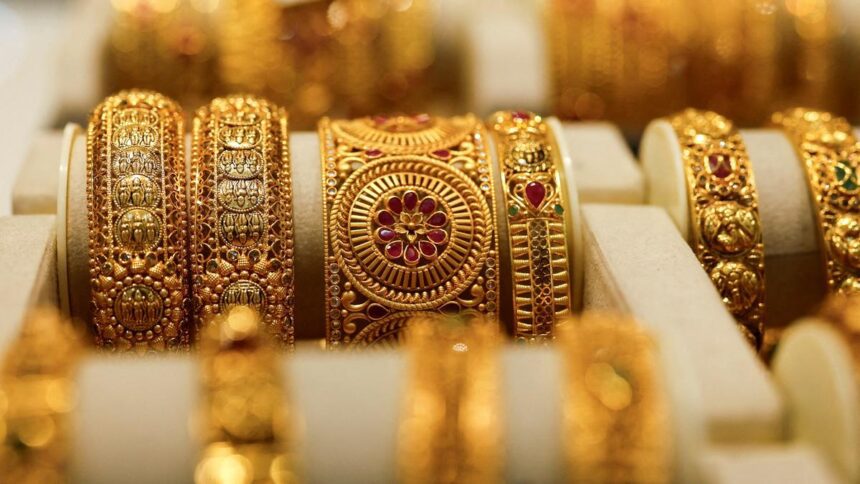The Reserve Bank of India (RBI) is set to ease access to gold metal loans (GML) for jewellers in response to rising bullion prices. The banking regulator plans to extend these loans to gold jewellery exporters, domestic manufacturers, and outsourcing entities in the jewellery sector.
In a recent consultation paper, the RBI proposed lengthening the tenor of GMLs from 180 days to 270 days, also allowing banks the discretion to determine the tenure. GML operates by enabling jewellery manufacturers to borrow gold instead of cash, settling the loan with proceeds from the sale of the finished jewellery.
Current guidelines restrict GML issuance to jewellery manufacturers and exporters, but the RBI aims to include domestic non-manufacturers as well. Introduced in 1998 to support working capital financing for jewellery exporters, the scheme has evolved over the years, including the capability for banks to extend GML using gold deposits from the Gold Monetisation Scheme.
The RBI’s amendments seek to further liberalise GML, harmonising regulations across eligible borrower segments in the jewellery industry and providing banks with greater operational flexibility in shaping their GML policies.
This initiative comes as significant relief for the gems and jewellery sector, which has been adversely affected by a 50 percent tariff imposed by the United States, a major market for Indian jewellery exports. Moreover, domestic demand has declined due to the escalating prices of gold.
Prithviraj Kothari, Managing Director of RiddiSiddhi Bullions and President of the India Bullion and Jewellers Association, expressed that the RBI’s decision to extend GML access to the broader industry and increase the tenor to 270 days will enhance credit availability and alleviate pressure on working capital. He noted that traditional bank lending practices remain wary due to rising inventory costs linked to higher gold prices.
Kothari highlighted that the implementation of longer-tenor GMLs would align better with jewellery manufacturing and export cycles, lower financing costs, and broaden participation in formal financing frameworks. He pointed out that in markets like Dubai and Turkey, jewellers benefit from flexible gold financing options that feature extended payback periods, thus fostering greater export competitiveness.
Despite being one of the world’s largest consumers of gold, structured financing solutions for Indian jewellers remain underdeveloped. Should the RBI’s proposals advance this landscape, they could enhance liquidity in the domestic market and bolster the competitive standing of Indian jewellery exporters.
Published on September 30, 2025.










